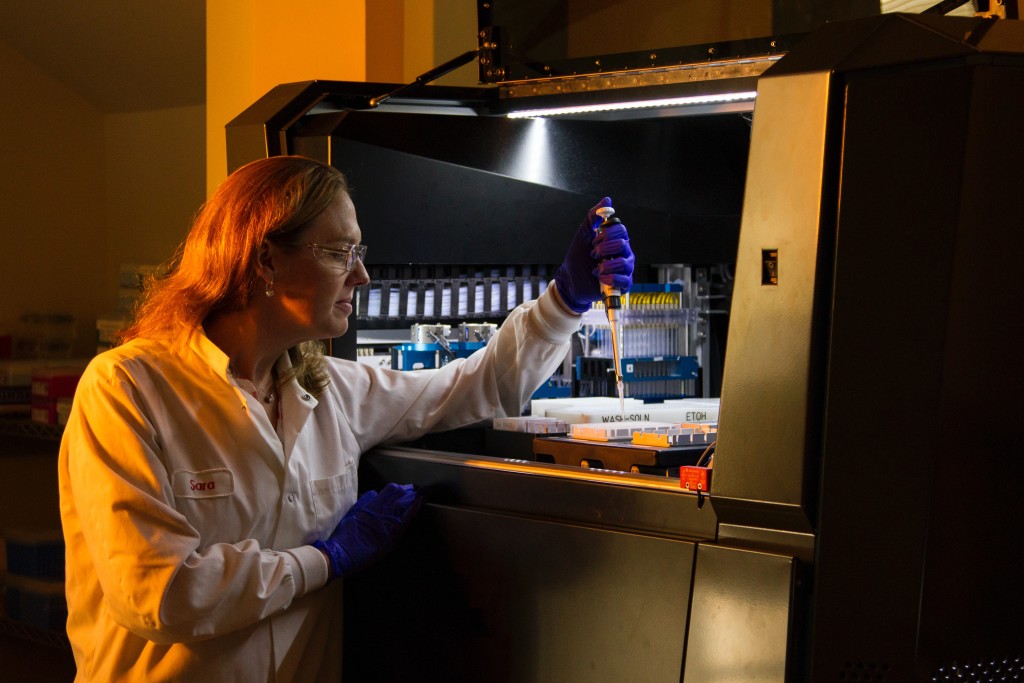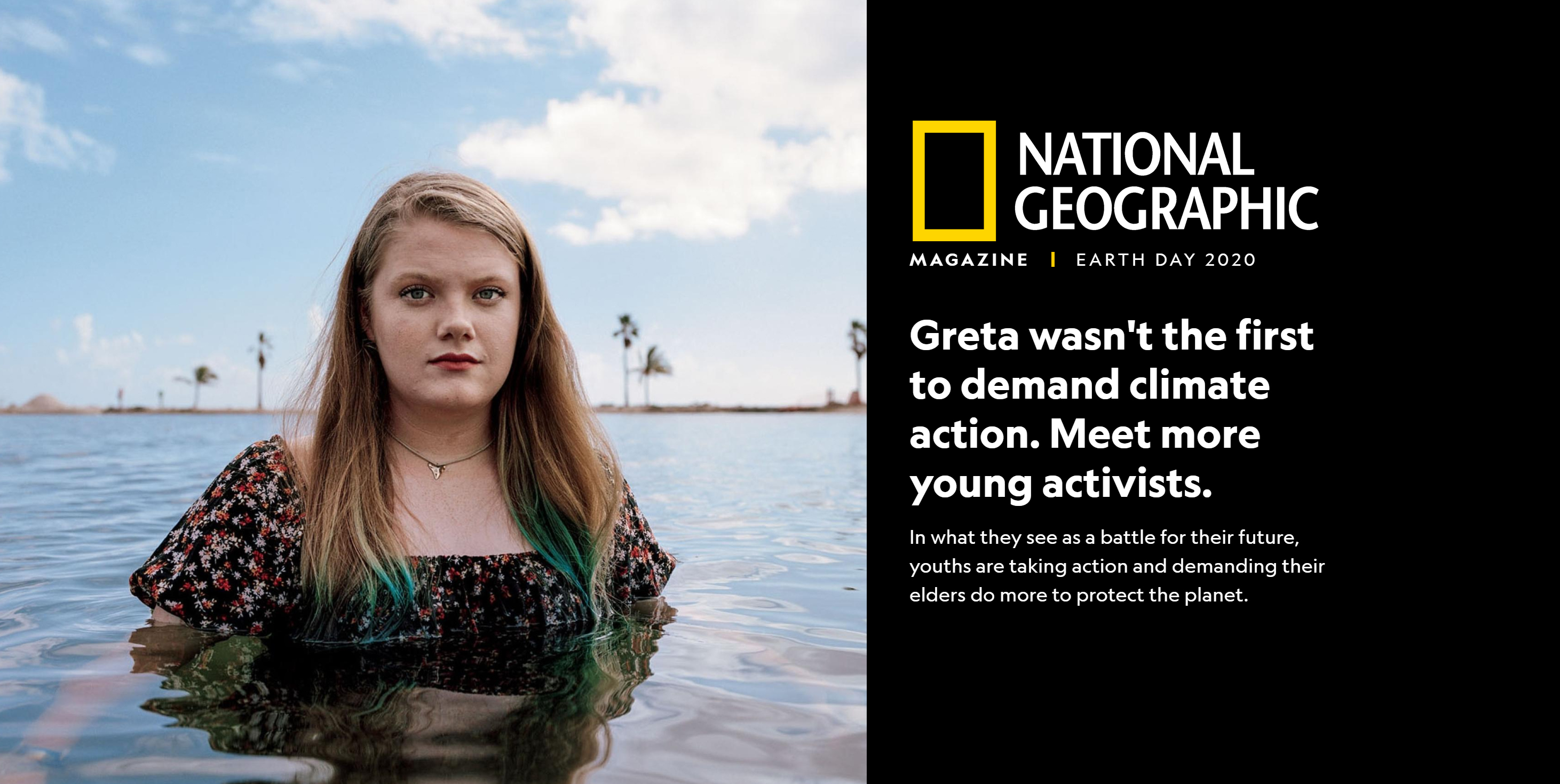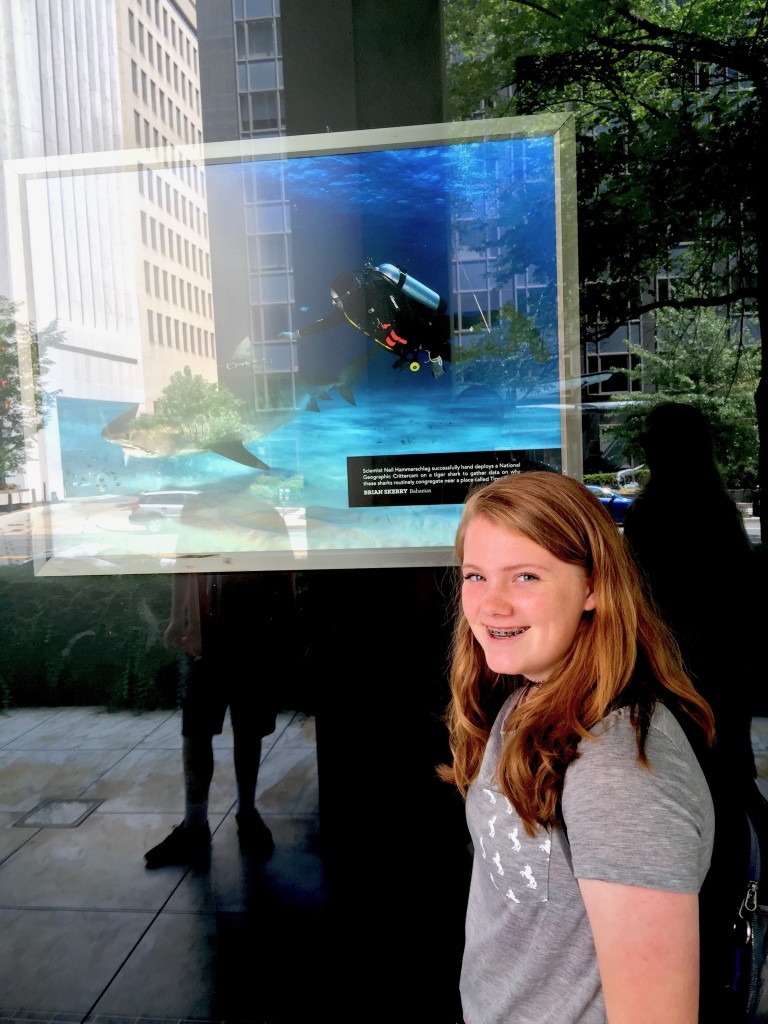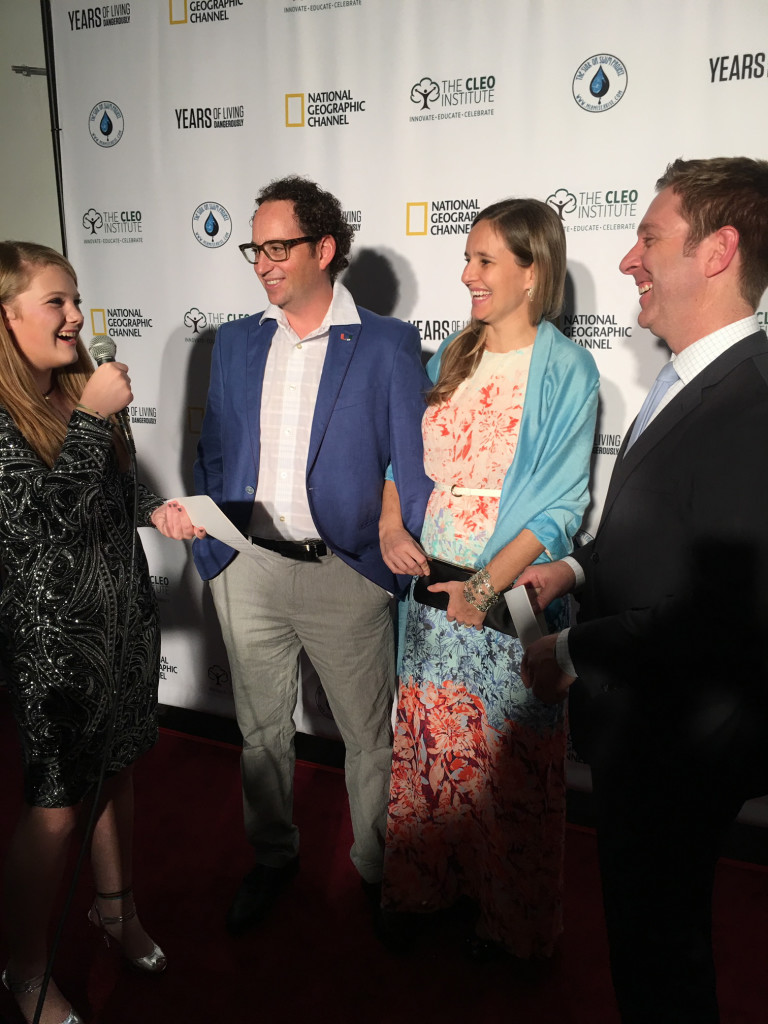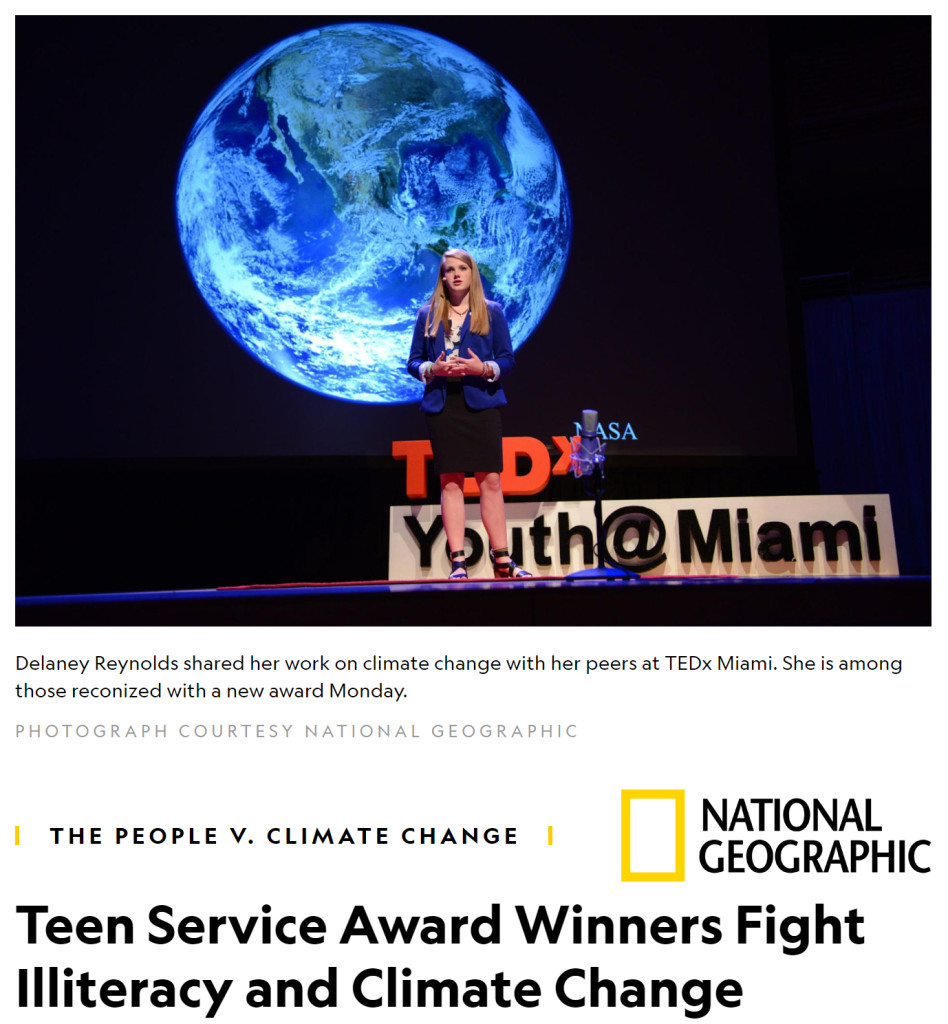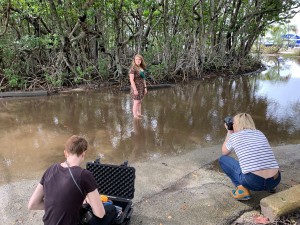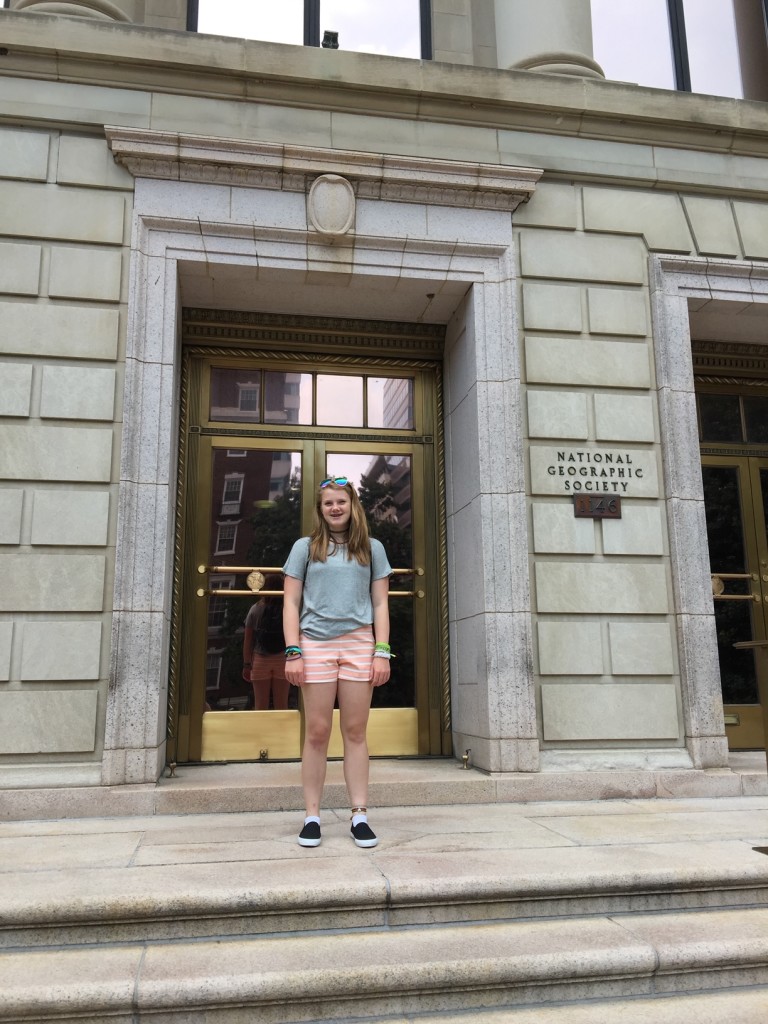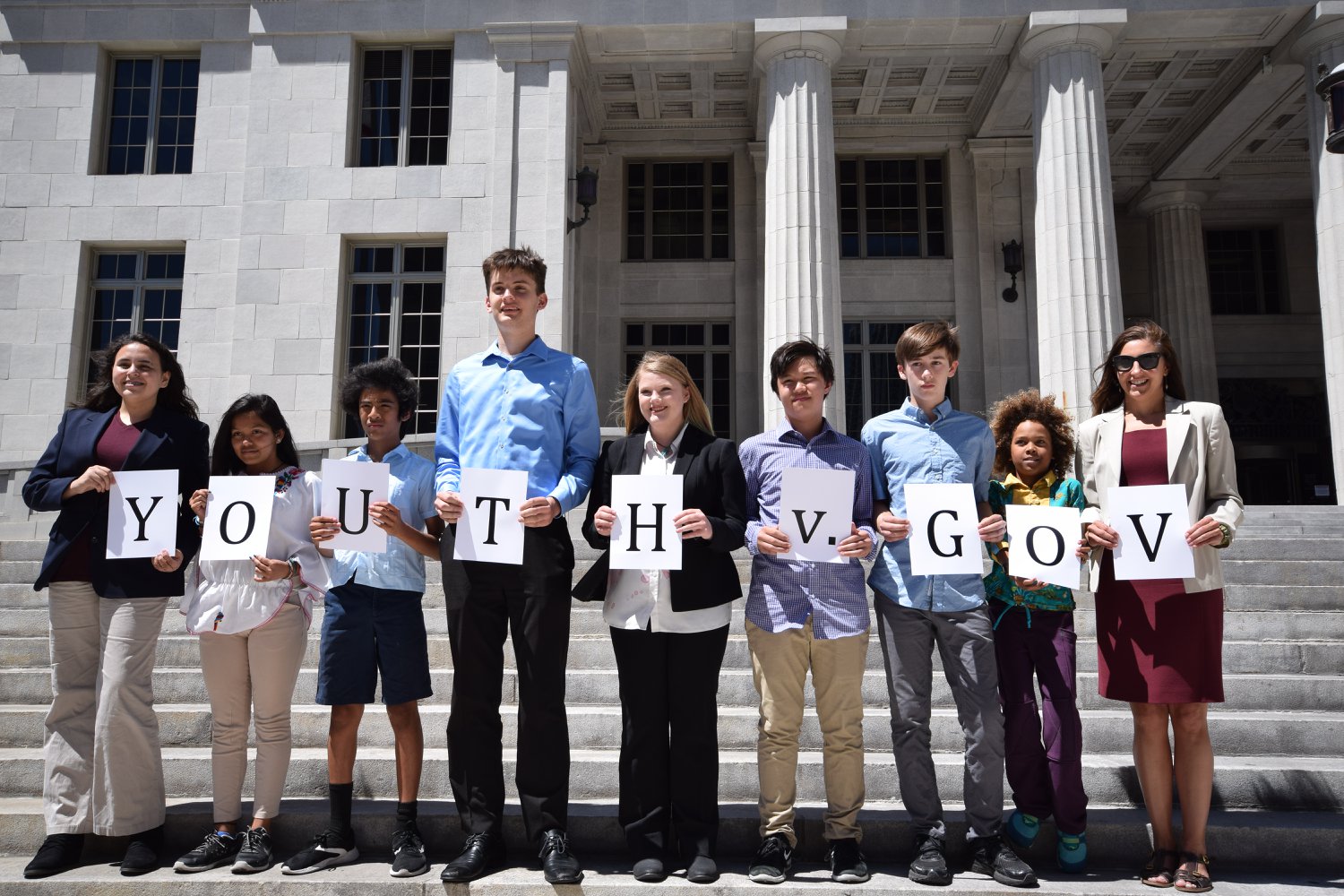Whether COVID-19 or Climate Change, Trust in Science
Today, more than ever, science and scientists are the key to our collective futures. Doctors and nurses are heroically saving lives while putting their own lives at risk in the process. Chemists and biologists will soon be saviors when they invent a cure. As we seek expert solutions to the pandemic, it is my hope that the COVID-19 crisis will make clear the profound importance of science and scientists to our society. And when it comes to our climate crisis, respect for science can help us all unite to solve the crisis by better understanding the scientific research that predicts, for example, that coastal communities including South Florida are at risk of extinction from sea level rise.
Consider a new scientific study that illustrates how grave the future is unless society quickly moves away from fossil fuels and embraces sustainable energy everywhere. Researchers from the University of Illinois, University of Hawaii, and the U.S. government studied over 200 tide gauges and concluded that in about 30 years the accelerating speed of sea level rise will cause what are today rare flooding events to become annual occurrences for over 70% of the U.S. coastline, according to the study published in Scientific Reports. And by 2100, flooding currently considered a once in a lifetime event will become a daily high tide occurrence for more than 90% of coastal communities.
These scenarios threaten to cause billions of dollars in damage, along with the very viability of some communities to exist. Major cities such as Honolulu, New Orleans, and yes, Miami, the place I call home, will become increasingly vulnerable to flooding and stronger storms fueled by the global heating caused by human activity. The time is past due to listen to the science and act accordingly.
Thankfully, the world’s youth get it. We are deeply worried about the climate crisis and those concerns permeate political affiliation, race, religion, or economic standing. As we mark the 50th Anniversary of Earth Day, consider the diversity of young people profiled in the April National Geographic article Fighting for Their Future, highlighting young climate activists from Rwanda, Nepal, Sweden, Canada, England, and including myself from Miami. We embrace the science and want to see our governments quickly lead us into a sustainable future before it’s too late for places we love like No Name Key, Miami, and the Everglades that are at risk of being forever lost due to our fossil fuel use.
And that’s why, in April 2018, seven of my friends and I filed a lawsuit, Reynolds v. State of Florida, against the State of Florida, Governor Ron DeSantis, Florida Department of Environmental Protection Secretary Noah Valenstein, the Florida Department of Agriculture Agriculture and Commissioner Nikki Fried, the Board of Trustees of the Internal Improvement Trust Fund and the Public Service Commission.
We believe to our core that Floridians have a constitutional right to a stable climate system and that the state government is actively contributing to our climate catastrophe by supporting an antiquated energy system based on fossil fuels. They are demonstrating a deliberate indifference to our fundamental rights to life, liberty, property, and the pursuit of happiness. In doing so, they are violating the Florida Constitution.
We are asking the judiciary to order the government to protect our constitutional rights and create a climate recovery plan to transition Florida’s energy system to one based on clean energy solutions before it’s too late. We believe that when government actions infringe on our constitutional rights, then we must look to the judiciary for protection.
Like the amazing scientists responsible for keeping us safe during the COVID-19 crisis, our legal system should protect our constitutional rights. And just as our scientists will solve the pandemic, it is my hope that at our first hearing, now scheduled for June 1, that Florida’s court system will protect our constitutional rights to a stable climate before it’s too late.
